Thanks to everyone who joined us in Anaheim for the Skyline User Group Meeting before ASMS 2024. It was great to meet with all of you passionate Skyline users and share the opportunity to experience varied presentations about recent work enabled by (and for) Skyline software!
Below are links to the speakers' pages with options to view their slides or watch their presentations. At the bottom of this page, you will also find some photos from the event.
Thanks especially to all the wonderful speakers who volunteered their time and effort to share great presentations ranging from Skyline workflow tools to disease detection and prevention, and much more!
We hope these presentations long outlast the event itself, as previous years have.
Thank you! -- Brendan MacLean and Mike MacCoss, Event hosts
Michael J. MacCoss, Ph.D. (University of Washington): Introduction and event host
Brendan MacLean (MacCoss Lab, University of Washington): Status of the Skyline open-source software project 16 years after its inception [video]
The Skyline project started just after ASMS 2008 as a 2-year effort to bring better SRM/MRM software tools to the NCI-CPTAC Verification Working Group that could support the variety of mass spectrometers in use in participating laboratories. Nearly 16 years later, the Skyline project is a thriving proteomics community open-source collaboration supporting 6 mass spec instrument vendors, integrated with a wide variety of external software, with thousands of users worldwide and many thousands of instances started each week. (More info...)
Emma Doud (Indiana University School of Medicine): Fit for purpose high-throughput absolute quantitation of chimeric aducanumab in mouse cortex and plasma [video]
Although pharmacokinetics and pharmacodynamics of biotherapeutics are commonly studied through ELISAs, the extremely strong binding of modern antibody-based therapeutics can result in background, inability of secondary antibody binding, and nonlinear response curves. The selectivity and specificity of liquid chromatography-targeted mass spectrometry (LC-MS/MS) allows for absolute quantitation of chosen peptides. The Model Organism Development and Evaluation for Late-onset Alzheimer’s Disease (MODEL-AD) Consortium was established to generate, characterize, and validate the next generation of mouse models of AD and to develop a preclinical testing pipeline. As a template workflow for MODEL-AD, we have developed a high-throughput workflow for absolute quantification of chimeric aducanumab from cortex and plasma of 5XFAD mice. (More info...)
Amie M. Solosky (Baker Lab, University of North Carolina at Chapel Hill): Developing and Applying a Multidimensional Lipid Database Containing Liquid Chromatography, Ion Mobility Spectrometry, and Mass Spectrometry Separation Characteristics in Skyline [video]
Lipids are critical for biological function in the body as they are responsible for cell membrane structure, cell signaling, lipid biosynthesis, and energy storage. Additionally, lipid dysregulation has been observed in disorders such as cancer, Alzheimer’s disease, and diabetes and has been closely linked to different environmental exposures. These functional and disease associations have motivated researchers to evaluate lipidomic changes in numerous matrices. (More info...)
Mike Riffle (Dept. of BioChem, University of Washington): From RAW to Skyline: an automated DIA data analysis workflow written in Nextflow that emphasizes ease of use, data reproducibility, and open science [video]
An automated computational workflow can solve many problems in data analysis. It dramatically simplifies installing and running the constituent steps, manages versions, reduces user errors, provides data provenance, and is essential for data reproducibility.(More info...)
Will Thompson Ph.D, (908 Devices): Enhancing Skyline for MicroChip CE-HRMS Metabolomics with a Novel Software Pipeline Including Automated System Suitability Testing, Data QC, and Metabolite Peak Quantification [video]
Metabolomics has demonstrated the ability to measure hundreds of metabolites in diverse sample types. Nonetheless, data analysis remains a key bottleneck in targeted and nontargeted approaches. For example, although system suitability testing (SST) has been widely adopted as common practice in metabolomics, human intervention is often required to accept or reject system suitability, without strict go/no go criteria.(More info...)
Fengchao Yu Ph.D, (Alexey Nesvizhskii group, University of Michigan): Integration of Skyline into FragPipe for Streamlined Visualization [video]
Data visualization is an essential process in proteomics for assessing the quality of data and interpreting results. Skyline is a leader in this area, particularly for targeted and DIA methods. Here we present integration of Skyline with FragPipe, a comprehensive DDA and DIA proteomics data analysis pipeline, for visualizing and assessing FragPipe results.(More info...)
Lightning Talks
Michel Batista Ph.D., (Fiocruz-Brazil): A method based on LC-MS/MS that targets specific peptides of sepsis-causing microorganisms. [video]We described an assay to detect S. aureus, P. aeruginosa, and C. albicans directly from whole-blood samples as a diagnostic alternative for bloodstream infection. This method combines differential basic pH and acidic cell lysis, fast protein digestion, LC/ESI-MS/MS, and data analysis on Skyline. (More info...)
Tanveer Batth Ph.D., (Novo Nordisk Foundation Center for Protein Research): Identification of a fungal N-terminal histidine methyltransferase using targeted proteomics [video]
The fungal kingdom is a source of diverse set of novel enzymes capable of performing various biochemical reactions. Consequently, fungal enzymes have been crucial biocatalysts for industrial and research purposes. However, fungal post-translational modifications have not been extensively explored. (More info...)
Dragana Noe Ph.D., (Precision Biomarker Lab, Cedars-Sinai Medical Center): Comparative Analysis of Skyline and SmartPeak Performance in Quantifying a 60-Biomarker Panel in Plasma from Inflammatory Bowel Disease Patients [video]
Accurate data analysis is pivotal in clinical proteomics for the precise quantification of plasma biomarkers, crucial in both disease detection and monitoring. The majority of targeted proteomics research relies on open-source software, such as Skyline and SmartPeak. (More info...)
Lauren Royer (MOBILion Systems): Leveraging CCS and Mobility Aligned Fragmentation for Ion Mobility Enhanced Analysis of Lipids [video]
Lipidomics analysis often requires MS/MS analysis for confident identification, but fragmentation alone is often insufficient for differentiating various isomeric species. This is especially true when chromatographic separation is lacking. Skyline’s ion mobility filtering workflow provides an excellent tool to detect and monitor high resolution ion mobility (HRIM) separated lipid isomers by extracting fragmentation spectra based on the lipid’s measured collision cross section (CCS). (More info...)
Yiying Zhu Ph.D., (Tsinghua University): In-silico methods for distinguishing the glycan structural isomers by the isotope substitution [video]
Analysis of glycopeptides using LC-MS/MS is a challenging task mainly due to the complexity of glycans. Recent developments in searching algorithms have made it possible to identify glycopeptides on a large scale. The pGlyco software can determine the glycan structure isomers by their differential fragmentation in MS/MS spectra. (More info...)
Sponsors
 |
|
 |
 |
 |
 |
 |
|
 |
 |
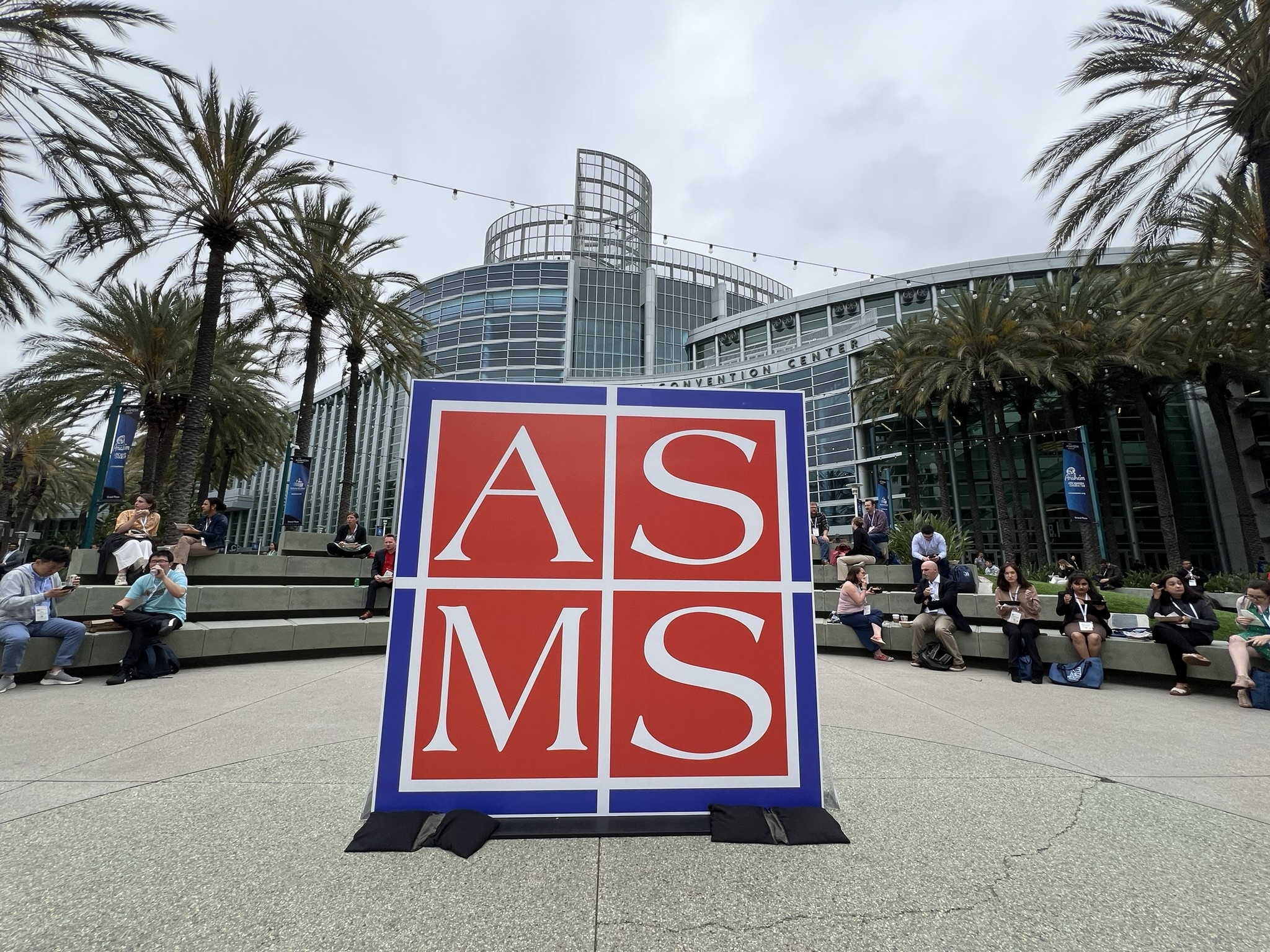 |
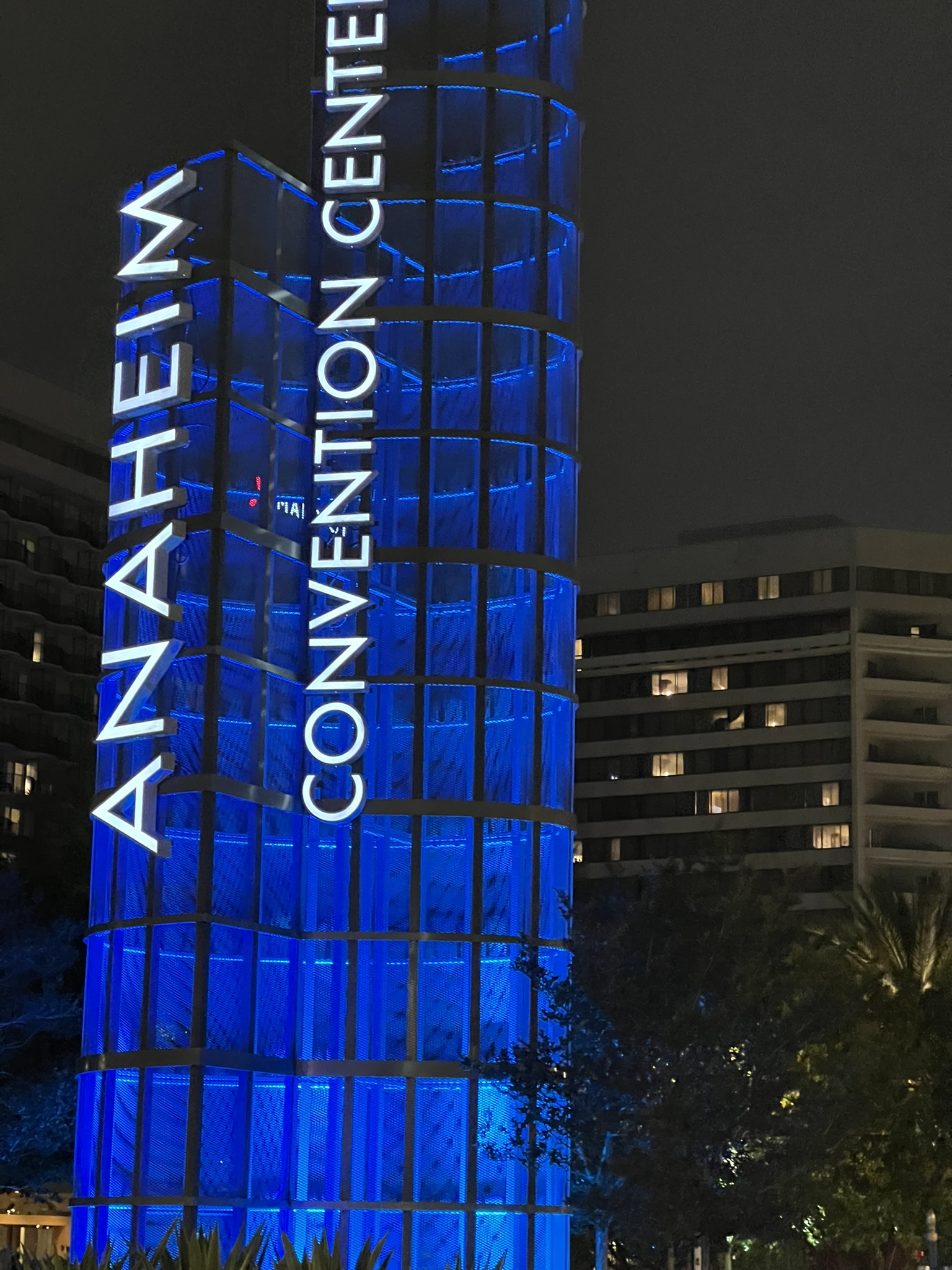 |
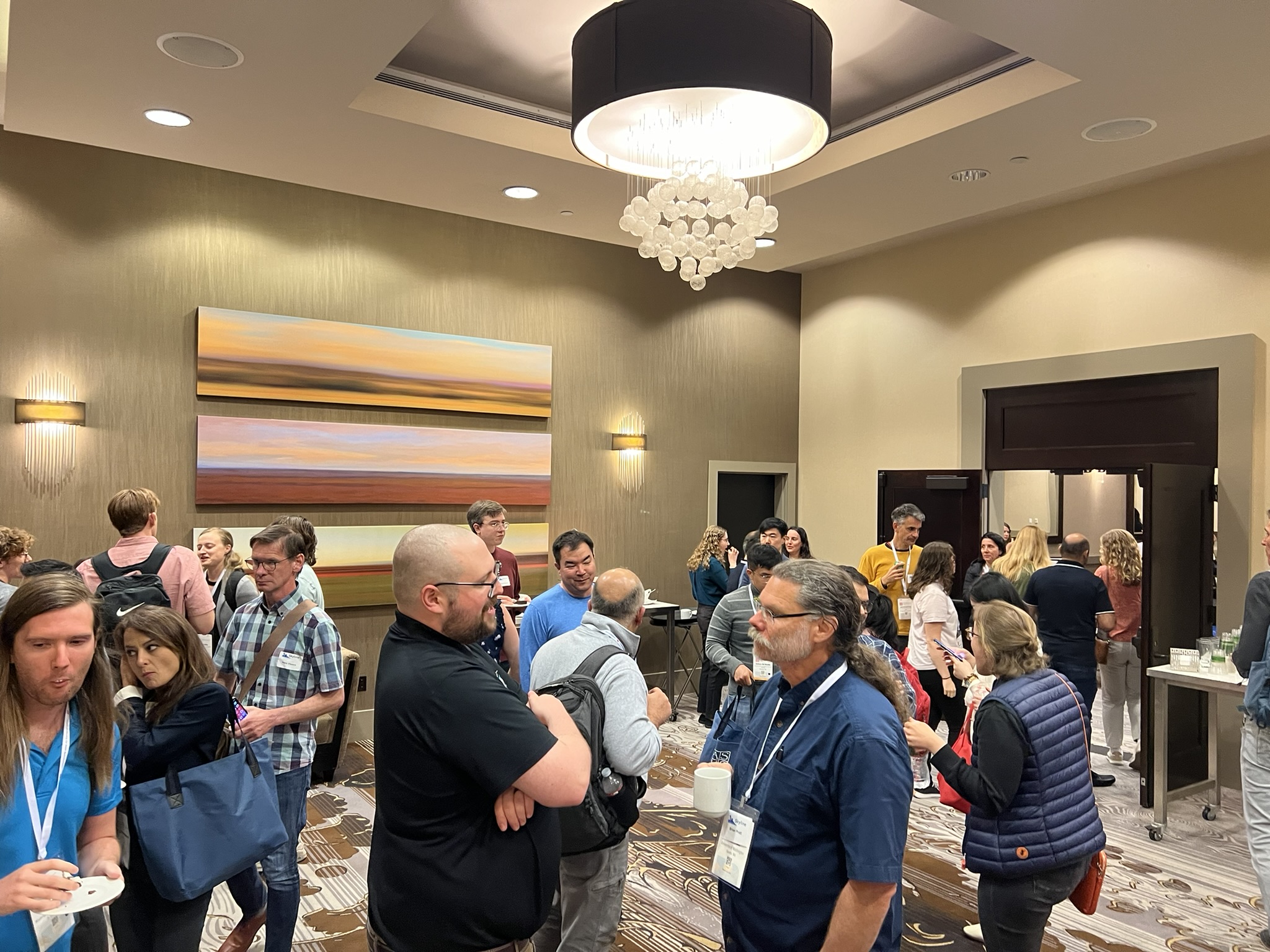 |
|
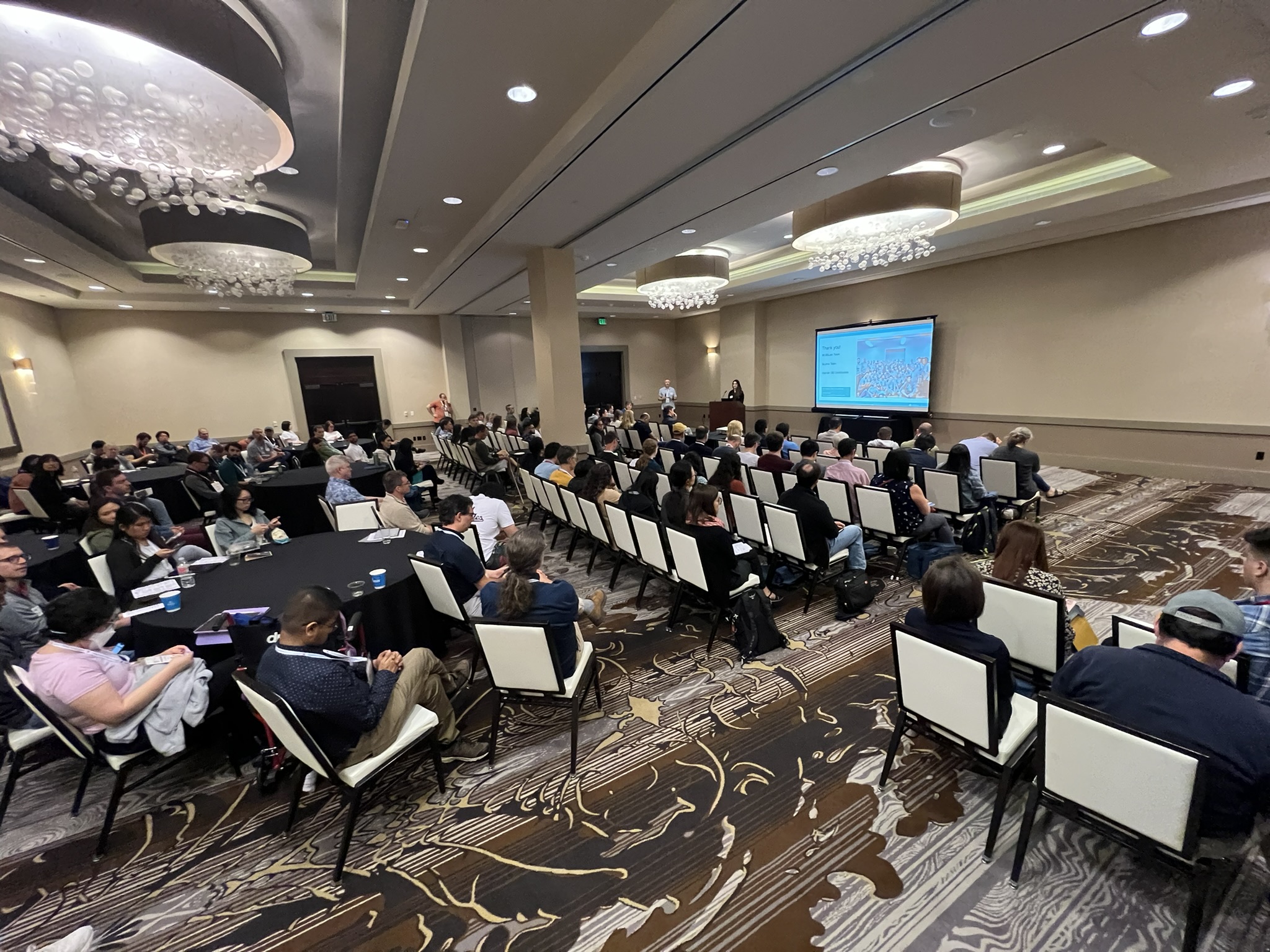 |
|
 |
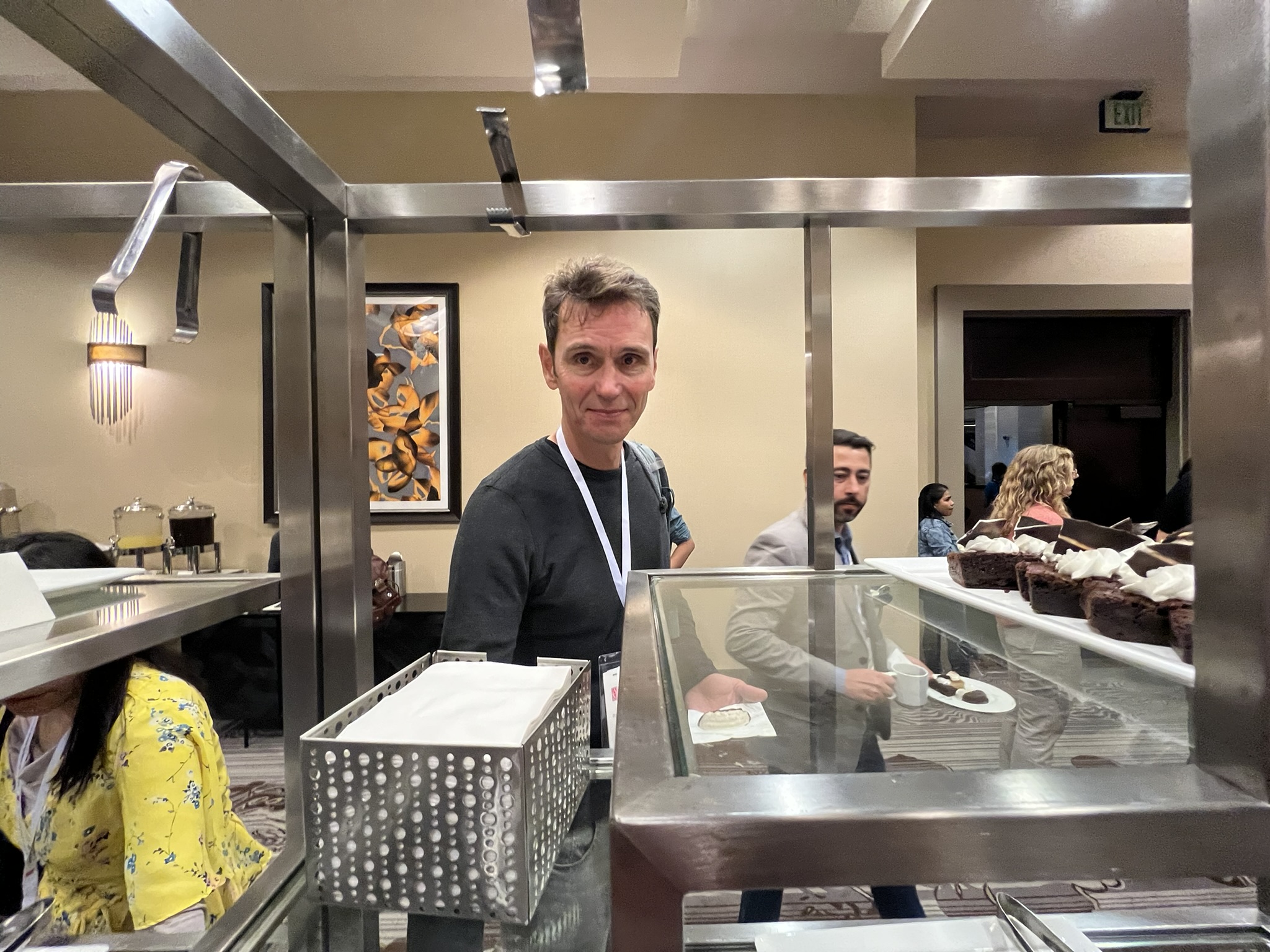 |
 |
|